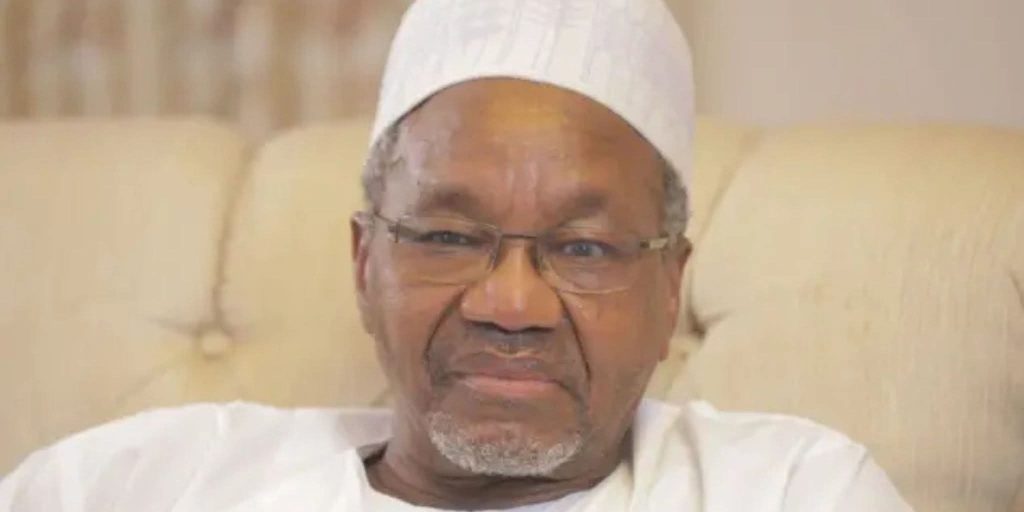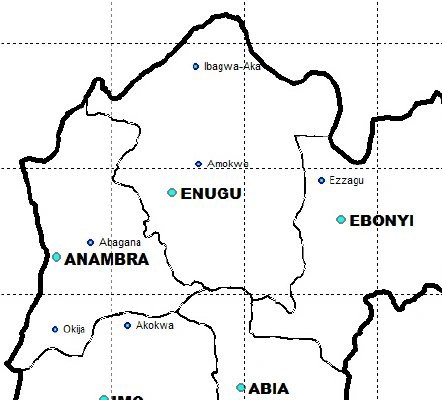Africa
Silent killer: Why Nigerian men are dying of prostate cancer without knowing

Prostate cancer is now one of the most common cancers affecting Nigerian men.
This deadly disease develops in the prostate gland, an organ responsible for producing seminal fluid.
Sadly, many cases go undetected due to a lack of awareness and inadequate screening facilities.
Why Nigerian Men Should Be Concerned
Medical experts warn that prostate cancer cases are rising in Nigeria.
According to reports, it accounts for about 11% of all male cancers in the country.
The median age for diagnosis in Nigeria is around 67.5 years.
However, younger men are increasingly being diagnosed.
Major Risk Factors
Several factors increase the chances of developing prostate cancer.
- Age: Men above 50 are at a higher risk.
- Family History: If your father or brother had it, your risk doubles.
- Diet: Eating too much fatty food can contribute to its development.
- Obesity: Being overweight increases the likelihood of severe cases.
- Genetics: Certain inherited mutations, like BRCA1 and BRCA2, make some men more vulnerable.
Prostate Cancer Symptoms You Should Never Ignore
Prostate cancer may not show early signs, making it more dangerous.
When symptoms appear, they may include:
- Difficulty urinating or frequent nighttime urination.
- Blood in urine or semen.
- Pain or discomfort in the pelvic area.
- Erectile dysfunction.
Early Detection is Key
Doctors stress that regular screening is essential.
There are two main ways to check for prostate cancer:
- Prostate-Specific Antigen (PSA) Test – A blood test that checks PSA levels.
- Digital Rectal Examination (DRE) – A doctor manually checks for prostate abnormalities.
Medical professionals recommend men above 50 undergo these tests regularly.
Those with a family history should start earlier.
Latest Medical Breakthroughs in Prostate Cancer Diagnosis
Scientists are making progress in detecting prostate cancer early.
A new urine test has been developed to identify aggressive cancer types.
Researchers have also introduced an AI-powered blood test with 96% accuracy.
These advancements could transform early diagnosis, saving more lives.
Treatment Options for Nigerian Patients
Treatment depends on the stage of cancer and the patient’s health condition. Options include:
- Active Surveillance – Monitoring the cancer without immediate treatment.
- Surgery (Prostatectomy) – Removing the prostate gland.
- Radiation Therapy – Using high-energy rays to kill cancer cells.
- Hormone Therapy – Reducing testosterone levels to slow cancer growth.
- Chemotherapy – Targeting fast-growing cancer cells with drugs.
Each treatment has potential side effects like erectile dysfunction and urinary incontinence.
Patients should seek proper medical advice before making decisions.
New Hope for Patients: Latest Treatment Discoveries
Scientists are working on better treatment options with fewer side effects.
A new drug, NXP800, is showing promise for treating advanced cases.
Also, researchers in Australia have identified a molecule, PSKH1, that drives cancer growth.
Blocking this molecule could lead to a more effective cure.
Meanwhile, robotic surgery is being introduced to improve treatment outcomes.
This technique helps preserve erectile function while ensuring a faster recovery.
How Nigerian Men Can Reduce Their Risk
While prostate cancer cannot always be prevented, certain lifestyle choices can lower the risk.
- Eat Healthily – Increase your intake of fruits, vegetables, and whole grains.
- Exercise Regularly – Maintain a healthy weight to reduce risk.
- Avoid Excess Fat – Cut down on red meat and fried foods.
- Go for Regular Check-ups – Early detection is key to survival.
Prostate cancer is a growing concern for Nigerian men.
Understanding the risk factors and symptoms can help save lives.
New advancements in diagnosis and treatment offer hope for better survival rates.
Every man should take proactive steps by going for regular screenings and adopting a healthier lifestyle.
For Diaspora Digital Media Updates click on Whatsapp, or Telegram. For eyewitness accounts/ reports/ articles, write to: citizenreports@diasporadigitalmedia.com. Follow us on X (Fomerly Twitter) or Facebook









